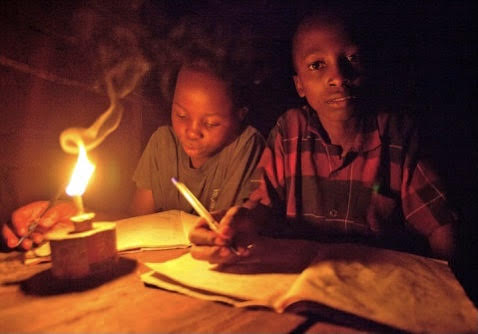There are no products in your shopping cart.
| 0 Items | £0.00 |


WORLD Bank officials have warned that Nigeria is spending a total of $1.5bn annually to fund electricity tariff shortfalls which could increase further unless there was reform as the country now has the highest number of un-electrified people in the world.
Over the weekend, the World Bank published its enlarged Nigeria Power Sector Recovery Programme report in which it revealed that the industry was operationally inefficient with unreliable supply exacerbated by high losses and a lack of payment discipline. It added that Nigerian power generation was characterised by high non-available capacity due to the fact that many plants were out on fault, damage, poor maintenance and in need of major overhauls.
“Gas and transmission constraints lead to non-operational capacity. Resolving policy/regulatory challenges and distribution company (Discos) issues are key to free up stranded capacity,” the report added.
In the transmission sector, the bank said infrastructure in this arm of the industry remained inadequate and congested, stressing that investments in upgrades and maintenance were required. On the policy and regulatory environment, the bank stated that there had been inconsistent implementation of tariff regulation, enforcement of market contracts, and policy direction.
In the power distribution arm, the bank observed that the Discos on average currently report 50% Average Technical Commercial and Collection losses. It said this was far above the less than 15% international good practice and the 26% that was allowed in the sector’s Multi Year Tariff Order.
“For every ₦10 worth of electricity received by Discos, ₦2.50 was lost due to energy theft and poor distribution infrastructure. This reflects low investments in distribution networks and metering creating lingering liquidity challenges,” the World Bank added.
Also, it said Discos on average reported 50% aggregate technical and commercial collection losses, which meant that only half of the energy generated led to collected revenue. Furthermore, the report stated that the capital expenditure allowance for all 11 Discos combined was N56bn and that this was far below what was needed.
On electricity access, the bank stated that Nigeria now had the largest number of un-electrified people globally and the trend was worsening. It noted that of the electrified, the supply was very unreliable with widespread blackouts, stating that a holistic approach was necessary to address the power sector situation in a sustainable manner.
Meanwhile, the federal government has queried the report of a survey conducted by the World Bank which claimed that 78% of power consumers in Nigeria get less than 12 hours of daily supply of electricity. Ahmad Zakari, the special adviser to the president on infrastructure, said it was unclear what empirical evidence the World Bank used to arrive at the figures.